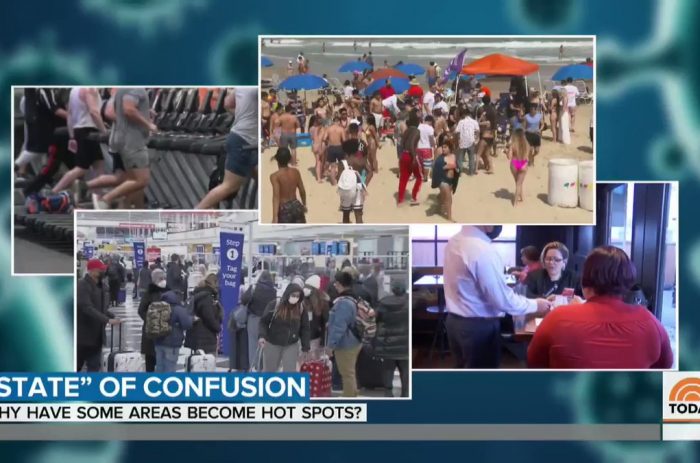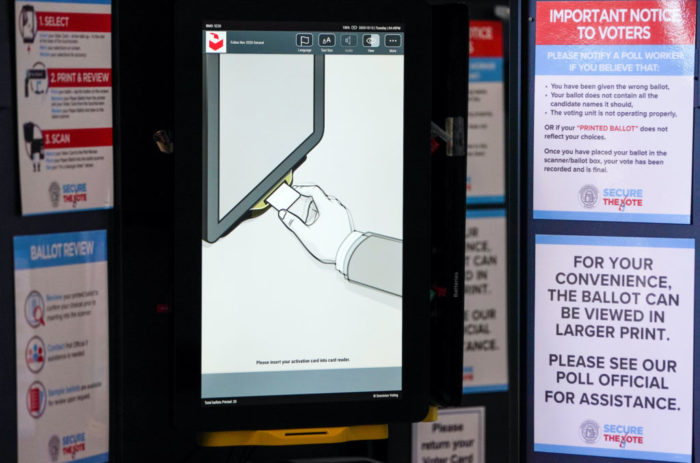redo Jump to...
print Print...
Directions
-Read the excerpt below from Mark Finkelstein's post at newsbusters.org on March 12th.
-Read "Types of Media Bias" in the right column. Then answer the questions.
…When the UK recently announced that it was reducing the number of its troops in Iraq by 1,600, the news was the subject of massive media coverage in the United States. In addition to innumerable MSM news reports on the development, pundits filled the airwaves with hours of dire conjecture as to whether the British move signalled the collapse of the coalition, etc.
But when news comes that another member of the coalition is proposing to send more additional troops to Iraq than the UK is withdrawing, reaction has been the proverbial cricket-chirp.
As per th[e] official press release of March 8th from the Embassy of the Republic of Georgia in Washington, DC, Georgian President Mikheil Saakhashvili has proposed tripling the contingent of Georgian troops in Iraq. Given the current Georgian troop level of 850, the proposal represents an increase of 1,700 — more than the 1,600 Brits are withdrawing.
[U.S. Multi-National Forces] commander General David Petraeus also mentioned the Georgian proposal in his press conference last Thursday.
I Googled the news, and found very little in the US press. An item by Bill Roggio at the Weekly Standard. One Reuters story.
What about ABC/CBS/NBC or the major liberal newspapers? If there has been coverage, I haven’t seen it. Certainly any coverage by them hasn’t begun to rival the way those same news organizations trumpeted the news of the British withdrawal. …
Go to NewsBusters.org for the original posting.
To accurately identify different types of bias, you should be aware of the issues of the day, and the liberal and conservative perspectives on each issue.
Types of Media Bias:Questions
1. Have you seen or read news reports about the Republic of Georgia’s troop increase in Iraq?
2. If not, what type of bias is shown by ABC/NBC/CBS and the major newspapers?
Scroll down to the bottom of the page for the answers.
Answers
1. Answers vary.
2. Bias by omission and story selection.



